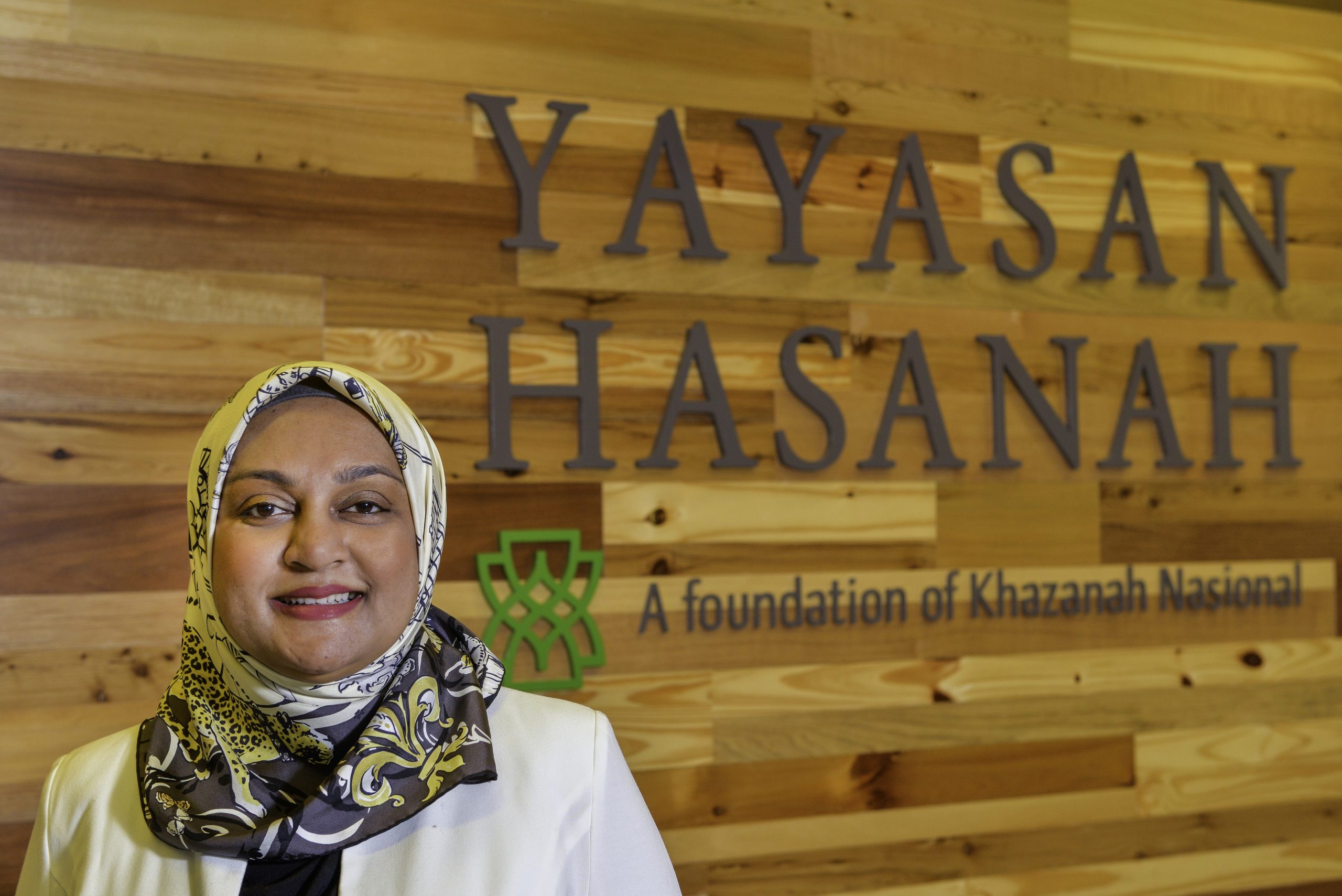
By Center For Market Education
KUALA LUMPUR, Malaysia: On 27 July 2023, Prime Minister YAB Dato’ Seri Anwar Ibrahim delivered the speech Ekonomi Madani: Memperkasa Rakyat, which outlined the Ekonomi Madani framework. The Center for Market Education (CME) is particularly enthusiast about the following pillars among the seven highlighted by the Prime Minister:
- Malaysia ranked among the Top 30 largest economies in the world (Pillar 1);
- The Global Competitiveness Index ranks in the top 12 in the world (Pillar 2);
- Commitment towards fiscal sustainability, targeting a deficit of 3 percent, or lower (Pillar 7).
"The reflection brought forth with Focus 1: Malaysia – Leading Asian Economy is particularly important for the future development of the country, and it contains some points that have been highlighted by CME in several occasions," observed Dr Carmelo Ferlito, CEO of CME. "In particular, we found a common tune with the following points:
- Recognition of Malaysia’s premature de-industrialization;
- Importance of promoting free trade beyond traditional free-trade agreements and pursuing more bilateral and multilateral agreements to promote free movements of workers too;
- Need to improve the ease of doing business;
- Strengthening MIDA action and promoting industrial infrastructure;
- Importance of reviving Domestic Direct Investments (DDIs)", Dr Ferlito added.
According to the Center for Market Education, these are not only realistic long-term targets, but imperative actions to revitalize an economic vocation which has been deteriorating in the past years, as it was recognized in the speech too.
However, CME points out that, in order to achieve these targets, few conditions need to be met:
- policy action needs to be implemented at institutional level rather than at micro-level: direct control over the economy (price controls, labour restrictions…) needs to be avoided;
- long-term political commitment is necessary, and this implies political stability;
- competent people, with both and understanding of economic forces and entrepreneurial experience, are needed to lead the charge.
Other good points are those calling for a relaxation of VISA regulations and for rebuilding fiscal discipline.
CME hopes that they will find a fast implementation with amended immigration rules and with a comprehensive fiscal reform that needs to be built on:
- A new GST;
- Improving collection though fiscal devolution (fiscal federalism);
- Rationalization of subsidies and government spending.
CME is instead more skeptical on micro-targets such as workforce participation, income distribution and housing policies. While the macro-targets listed above can be achieved with comprehensive institutional reforms and no direct interference with market forces, microtargets require more direct intervention and therefore may result in market distortions thus delivering outcomes far away from the original intentions.
In conclusion, CME invites the government to focus on the implementation of the macrotargets indicated by Ekonomi Madami with institutional reforms, pro-market policy actions and remaining committed to free trade as outlined in the Prime Minister’s speech.
With political stability and the right set of people, those targets can be achieved, and the resulting positive outcomes will naturally support also the achievement of micro-targets as the improvement of the economy will reflect in the improvement of the living conditions of the rakyat








0 Comments
LEAVE A REPLY
Your email address will not be published